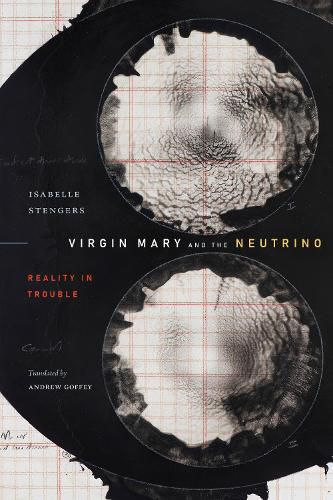Readings Newsletter
Become a Readings Member to make your shopping experience even easier.
Sign in or sign up for free!
You’re not far away from qualifying for FREE standard shipping within Australia
You’ve qualified for FREE standard shipping within Australia
The cart is loading…






In Virgin Mary and the Neutrino, first published in French in 2006 and here appearing in English for the first time, Isabelle Stengers experiments with the possibility of addressing modern practices not as a block but through their divergence from each other. Drawing on thinkers ranging from John Dewey to Gilles Deleuze, she develops what she calls an "ecology of practices" into a capacious and heterogeneous perspective that is inclusive of cultural and political forces but not reducible to them. Stengers first advocates for an approach to sciences that would emphasize the way each should be situated by the kind of relationships demanded by what it attempts to address. This approach turns away from the disabling scientific/nonscientific binary-like the opposition between the neutrino and the Virgin Mary. An ecology of practices instead stimulates an appetite for thinking reality not as an arbiter but as what we can relate to through the generation of diverging concerns and obligations.
$9.00 standard shipping within Australia
FREE standard shipping within Australia for orders over $100.00
Express & International shipping calculated at checkout
In Virgin Mary and the Neutrino, first published in French in 2006 and here appearing in English for the first time, Isabelle Stengers experiments with the possibility of addressing modern practices not as a block but through their divergence from each other. Drawing on thinkers ranging from John Dewey to Gilles Deleuze, she develops what she calls an "ecology of practices" into a capacious and heterogeneous perspective that is inclusive of cultural and political forces but not reducible to them. Stengers first advocates for an approach to sciences that would emphasize the way each should be situated by the kind of relationships demanded by what it attempts to address. This approach turns away from the disabling scientific/nonscientific binary-like the opposition between the neutrino and the Virgin Mary. An ecology of practices instead stimulates an appetite for thinking reality not as an arbiter but as what we can relate to through the generation of diverging concerns and obligations.